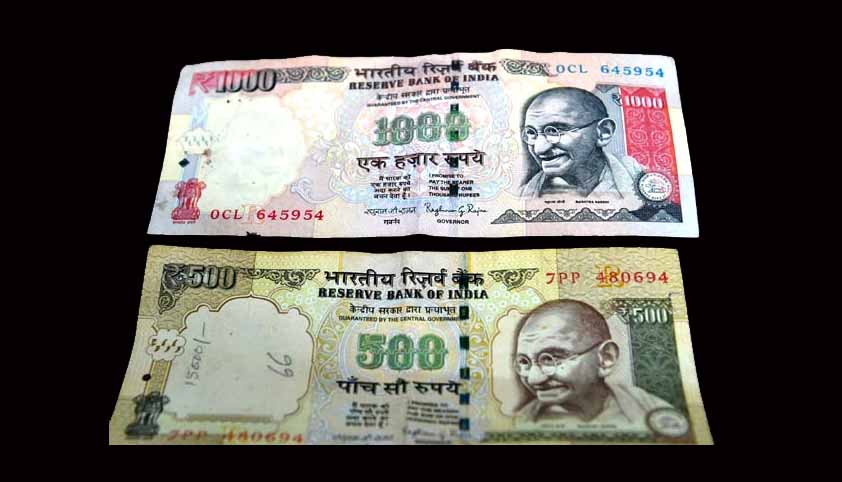The Supreme Court on Monday upheld the Modi government’s 2016 decision of banning ₹500 and ₹1000 currency notes by a 4-1 majority ruling, saying that it was “not relevant” if the objectives were achieved or not.
A five-judge Constitution bench said that the Central government took the decision after consulting with the Reserve Bank of India (RBI) for around six months.
Reading out the judgement, Justice BR Gavai said: “There has to be great restraint in matters of economic policy. The court cannot supplant the wisdom of executive with its wisdom.”
In his judgement, dissenting judge Justice BV Nagarathna said that the Central government exercised “power contrary to law” when it banned the circulation of ₹500 and ₹1000 notes on November 8, 2016.
She also called the demonetisation “vitiated and unlawful” and suggested that it could have been executed through an Act of parliament. “The problems associated with demonetisation make one wonder whether the central bank had visualised these.”
Justice Nagarathna further said that the RBI did not apply its mind while executing the decision.
The top court was hearing a batch of more than 55 petitions challenging the Central government’s decision to ban the two notes overnight. Petitioners have claimed that ₹10 lakh crores were wiped out of the economy due to the sudden announcement.
They have also argued that demonetisation was not a considered decision, which caused immense hardships to common citizens. In the days following the announcement, long queues of people looking for cash were seen outside banks and ATM machines across India.
In its judgement, the Supreme Court noted that the period of 52 days allowed to exchange banned notes with legal tender was “not unreasonable”.
One of the staunch critics of demonetisation, the Congress party has said that the court has not given any free pass to the government, because it deals with “the limited issue of PROCESS of decision making, not with its OUTCOMES”.
“The Supreme Court has only pronounced on whether Section 26(2) of RBI Act, 1934 was correctly applied or not before announcing demonetisation on November 8, 2016. Nothing more, nothing less,” said Congress leader Jairam Ramesh.
He further said: “It has said nothing on the impact of demonetisation which was a singularly disastrous decision. It damaged the growth momentum, crippled MSMEs, finished off the informal sector and destroyed lakhs and lakhs of livelihoods.”

